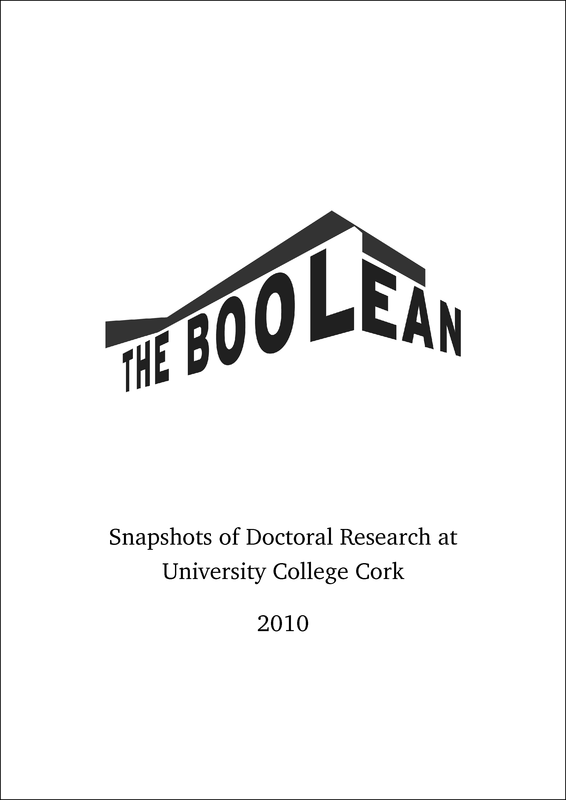Land and justice in South Africa
DOI:
https://doi.org/10.33178/boolean.2010.31Abstract
When Nelson Mandela took office on 10th May 1994 as South Africa’s first democratic president, he pledged that out of “an extraordinary human disaster” would come “a society of which all humanity will be proud”. Since then, South Africa has been praised for overcoming racial division and hatred in a peaceful manner while developing economic growth. This positive picture of post-apartheid South Africa has been compromised in recent years by rising crime, xenophobic violence, unemployment, and service-delivery protests. My research looks at how the new democracy has redistributed land and why less than 1% of the population still own the majority of the land. To understand the slow pace of land reform, I have examined the policies of the ANC, the polarised public debates on land reform, and the constraints on economic transformation. In order to achieve justice and ultimately reconciliation, problems with redistribution must be addressed. This requires not ...References
Published
2022-12-06
Issue
Section
Articles
License
Copyright (c) 2010 the author(s)

This work is licensed under a Creative Commons Attribution-NonCommercial-NoDerivatives 4.0 International License.



